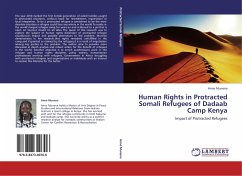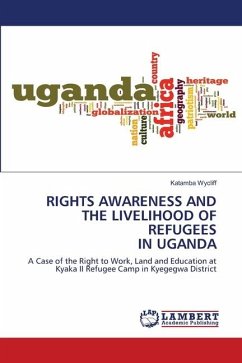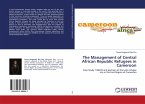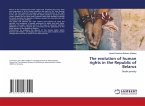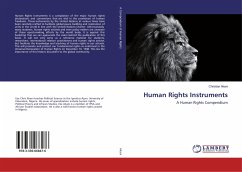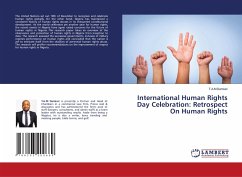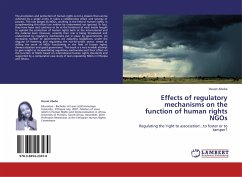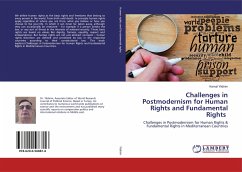The year 2010 marked the first Somali generation of exiled families caught in protracted situations, without hope for resettlement, repatriation or local integration. To be a protracted refugee is considered to be the most desolate situation a refugee could face any where in the world.To reside in the world's largest refugee camp,for years on end is likened to a jail that is open on top,but closed on all sides. The quest of this research was to explore the subject of human rights dimension of protracted refugee situations.Its impact and possible alternatives to the problem. Munene demonstrates in her research,that rights remained unfulfilled in the camp,and if granted or claimed by the refugees,it is a result of negotiation among key parties to the problem. The author aims to provoke more discussion,in depth analysis and robust action for the benefit of refugees in the world. Another objective is to enrich academicians work in the refugee and human rights discipline, policy makers, humanitarian professionals working with refugees, Governments in Africa struggling with protracted refugees and organizations or individuals with an interest to resolve this dilemma for the better.
Bitte wählen Sie Ihr Anliegen aus.
Rechnungen
Retourenschein anfordern
Bestellstatus
Storno

